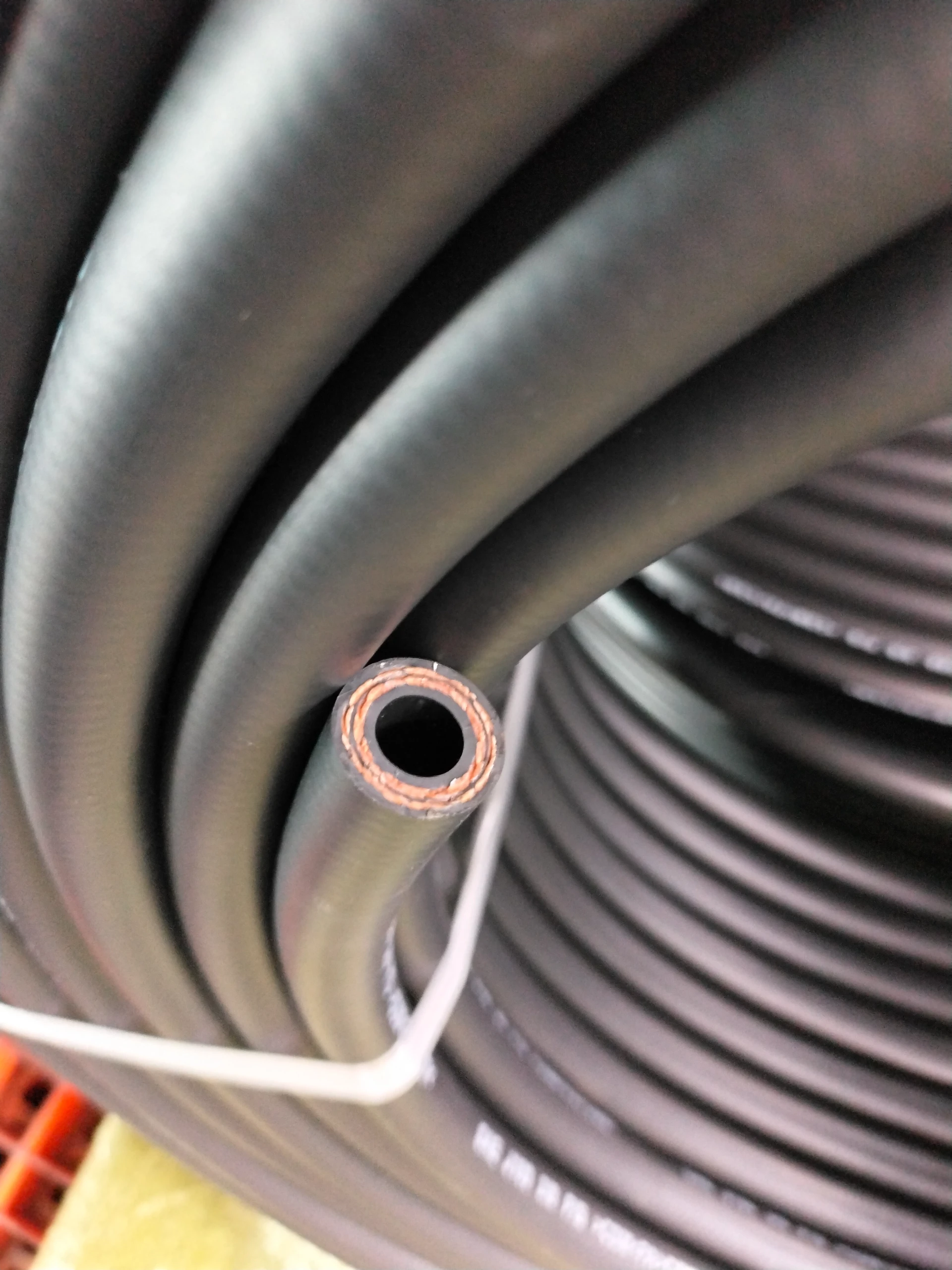diesel fuel transfer hose
តុលា . 16, 2024 08:04 Back to list
diesel fuel transfer hose
Understanding Diesel Fuel Transfer Hoses An Essential Component in Fuel Handling
Diesel fuel transfer hoses are critical components in the fuel handling industry. These hoses facilitate the safe and efficient transfer of diesel fuel from storage tanks, fuel trucks, and dispensers to various equipment and vehicles. In an age where fuel efficiency and safety are paramount, understanding the importance, types, and maintenance of these hoses is essential for anyone involved in fuel operations.
What is a Diesel Fuel Transfer Hose?
A diesel fuel transfer hose is specifically designed to convey diesel fuel safely. These hoses are typically crafted from durable materials that can withstand the corrosive properties of diesel and extreme environmental conditions. Common materials include rubber, thermoplastic, and polyurethane, which offer flexibility and resistance to punctures and abrasion.
Types of Diesel Fuel Transfer Hoses
There are various types of diesel fuel transfer hoses, each tailored for different applications. The most common types include
1. Suction Hoses Designed to draw diesel fuel from storage tanks or barrels, these hoses are reinforced to handle the vacuum pressure created during the transfer process.
2. Discharge Hoses Used for transferring fuel from one point to another, these hoses are flexible and resistant to the elements, making them ideal for outdoor operations.
3. Dual-purpose Hoses These hoses can function as both suction and discharge hoses, providing versatility in fuel handling tasks.
Key Features to Consider
When selecting diesel fuel transfer hoses, several features are important to consider
diesel fuel transfer hose

- Pressure Rating Hoses must be rated for the pressures they will encounter in transfer operations. This ensures safety and minimizes the risk of hose bursts.
- Temperature Tolerance Diesel fuel can be exposed to varying temperatures. Selecting a hose with appropriate heat resistance is crucial for maintaining integrity during operation.
- Compatibility It’s important to ensure that the hose material is compatible with diesel fuel to prevent degradation over time.
- Length and Diameter Hoses are available in various lengths and diameters. Choosing the right size is vital for efficient fuel transfer and ease of handling.
Maintenance and Safety Practices
Proper maintenance of diesel fuel transfer hoses is crucial for longevity and safety. Here are some best practices
- Regular Inspection Periodically check hoses for signs of wear, such as cracks, tears, or bulges. Replace any damaged hoses immediately.
- Keep Hoses Clean Ensure that hoses are free from dirt and debris, which can compromise their integrity and safety.
- Store Properly When not in use, store hoses in cool, dry environments away from direct sunlight to prevent material degradation.
- Follow Manufacturer Guidelines Always adhere to the manufacturer's recommendations regarding use, maintenance, and storage to ensure optimal performance.
Conclusion
Diesel fuel transfer hoses play an indispensable role in the safe and efficient transfer of diesel fuel. By understanding the different types, key features, and maintenance practices associated with these hoses, industry professionals can ensure the safety of their operations while maximizing efficiency. As the demand for diesel fuel continues, investing in high-quality hoses and best practices will remain essential for those in the fuel handling sector.
